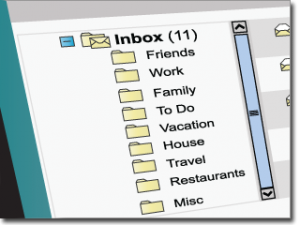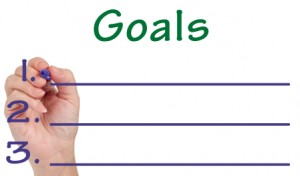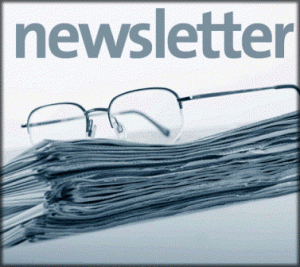 Your clients hire you to obtain results. They want a certain outcome, a verdict or settlement, a deliverable. This post points out that results usually come at the end of the engagement and says that, “. . .clients don’t care about results most of the time, they care about the experience they’re having with you right now.”
Your clients hire you to obtain results. They want a certain outcome, a verdict or settlement, a deliverable. This post points out that results usually come at the end of the engagement and says that, “. . .clients don’t care about results most of the time, they care about the experience they’re having with you right now.”
Clients obviously do care about how they are treated by you and your staff; their experience with you is important to them. But I don’t think you can say they don’t care about results most of the time. They certainly do.
But, next to getting those results, there’s something else they care about.
They want to see that you made the effort.
Clients want to see that you tried. You fought for them. You did the work. If the hoped for results don’t come, most clients will accept this, but only if they know you did your best.
Your clients expect you to treat them politely and keep them informed. They expect you to be fair in your billing. Being treated well is part of the deal, part of what they get when they hire you. But being treated well will never excuse a lack of effort.
There’s two parts to this:
- You have to make the effort, and
- Your clients need to know you did.
Make sure your clients see your work product and understand everything you do. Paper them, inform them, explain to them. Show them you did everything you could to obtain the results they want. That’s what they’re paying you for.















